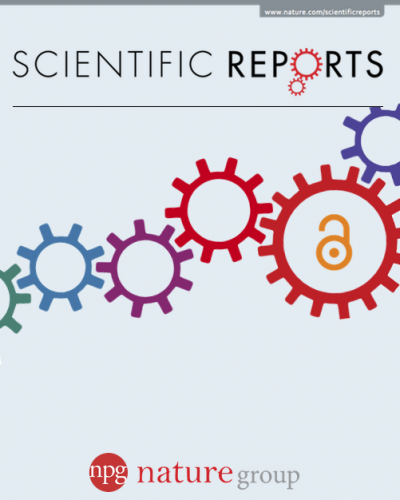Abstract
Curbing the negative impact of misinformation is typically assumed to require correcting misconceptions. Conceivably, however, bypassing the misinformation through alternate beliefs of opposite implications may reduce the attitudinal impact of the misinformation. Three experiments, one preregistered with a sample representative of the United States population, examined the impact of (a) directly correcting prior misinformation offered in support of restricting Genetically Modified (GM) foods (i.e., the correction strategy) and (b) discussing information in support of GM foods (i.e., the bypassing strategy), compared to a misinformation-only control condition. Findings consistently revealed that bolstering beliefs with opposite implications is just as effective at reducing opposition to GM foods as is correcting misinformation about GM foods. Thus, bypassing should be added to our arsenal of methods to curb the impact of misinformation.


